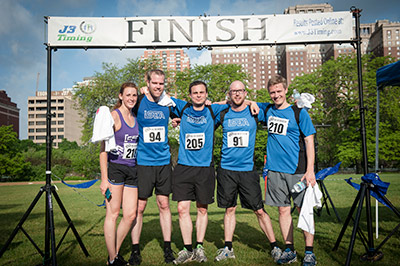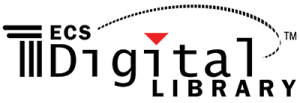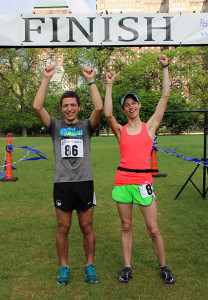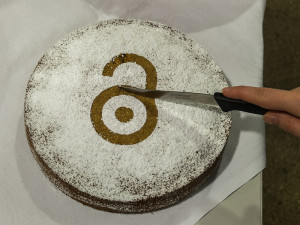
Image: Wikimedia Commons
U.S. Vice President Joe Biden is making his voice heard in the quest for open access of vital scientific research.
After losing his son to cancer in May of 2015, Biden has been on a mission to accelerate cancer research in search of a cure. In order to make those leaps and bounds in prevention, diagnosis, and treatment, Biden is now pushing for an open access database to gain better understanding of the disease and advance innovation.
According to The Washington Post, Biden stated that the path toward breakthroughs relies upon increasing the number of researchers who can access data.
While the scope of ECS’s science may be different, our mission to accelerate innovation and open access to our research is the same.
ECS’s Free the Science initiative aims to make all of the research in our Digital Library free to publish and free to read – freeing the science for everyone.
Instead of putting money into the publishing industry, Free the Science is investing in research – allowing scientists to share their work with readers around the world and attracting more minds to think about how to solve some of our planet’s most pressing problems.
Learn more about Free the Science.


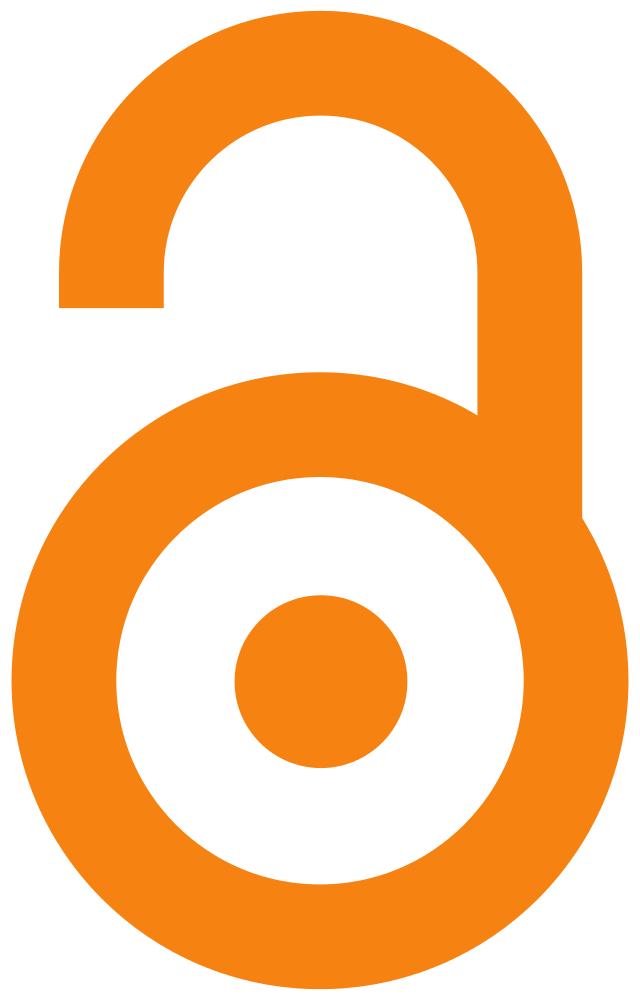
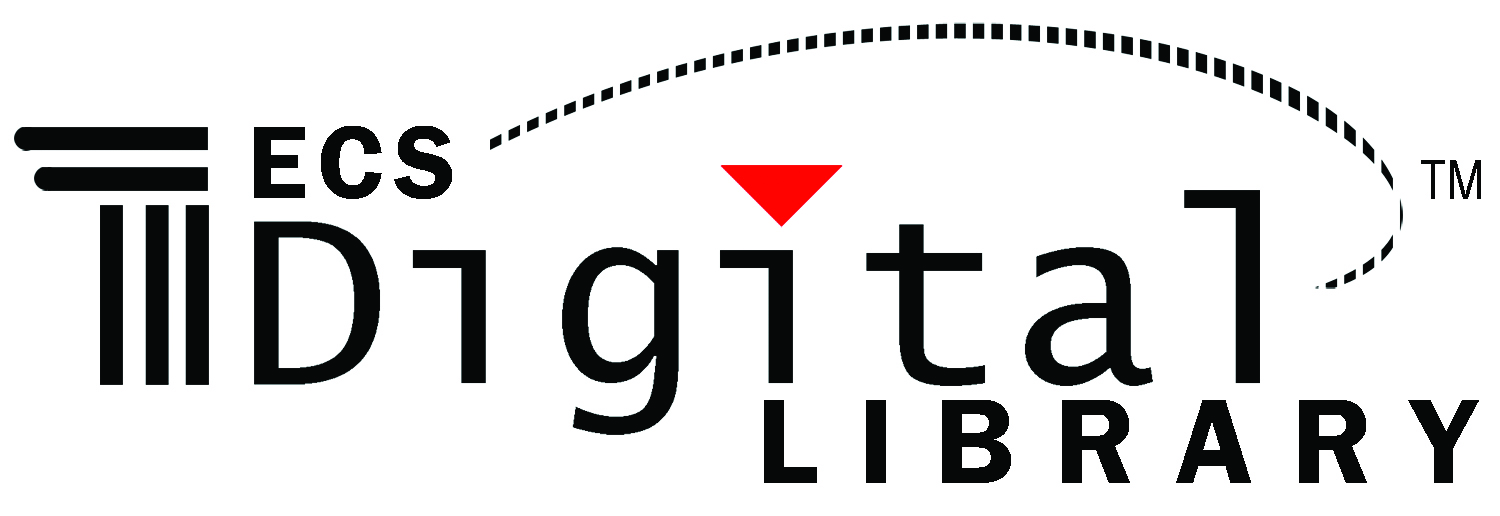
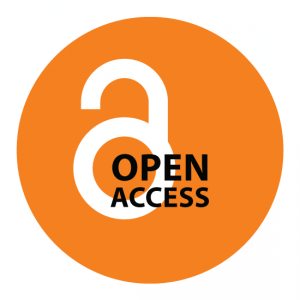 Globally, open access can help create a world where everyone from the student in Atlanta to a researcher in Haiti can freely read the scientific papers they need to make a discovery; where scientific breakthroughs in energy conversion, sensors, or nanotechnology are unimpeded by fees to access or publish research.
Globally, open access can help create a world where everyone from the student in Atlanta to a researcher in Haiti can freely read the scientific papers they need to make a discovery; where scientific breakthroughs in energy conversion, sensors, or nanotechnology are unimpeded by fees to access or publish research.